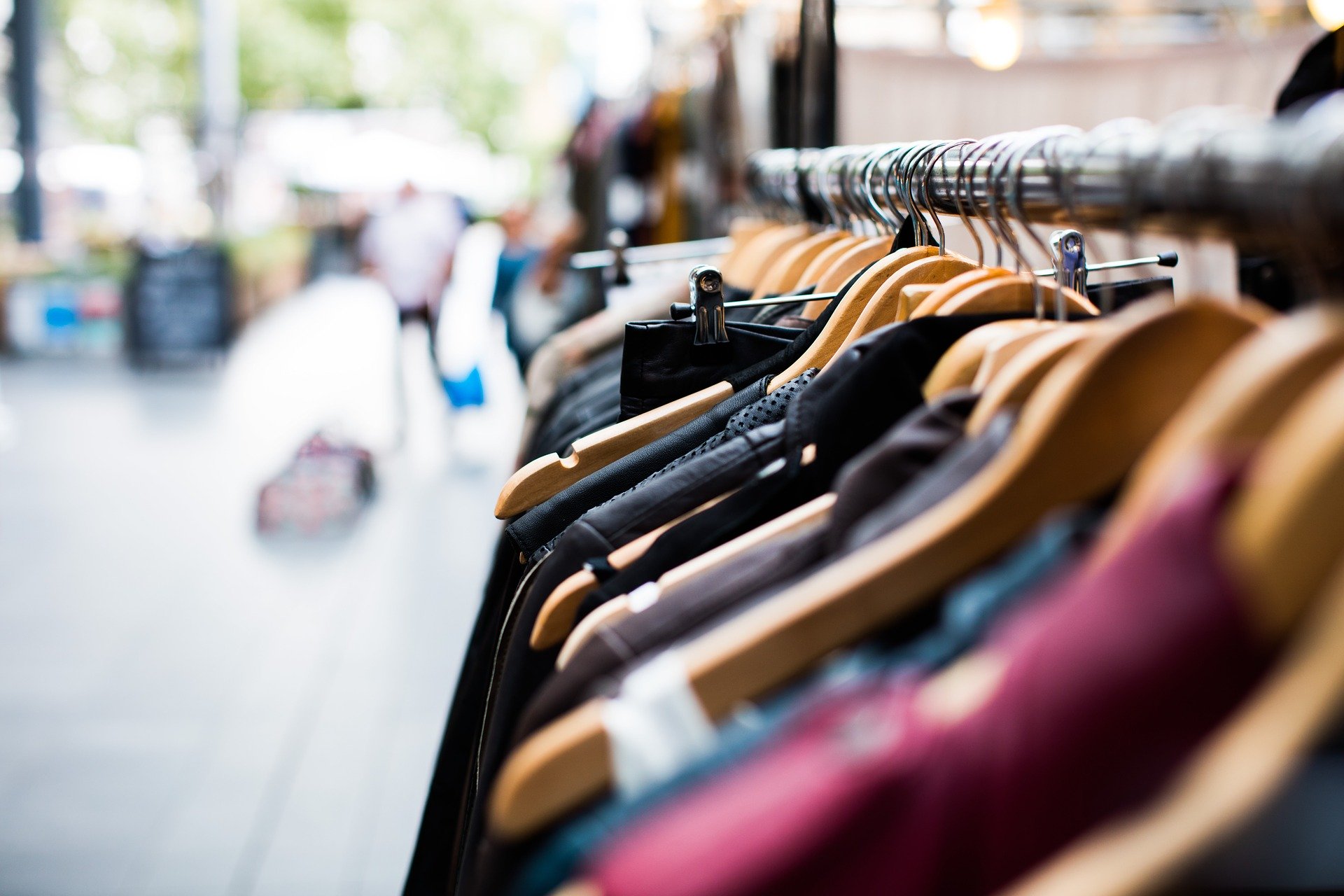If I had a nickel for every time I resolved to purchase only ethically made clothing for my children, I might actually be able to afford them. But as it stands, my finances just can’t stretch that far, so I’m forced to choose between providing for my children or honouring my values, and I choose my kids.
I’m not naive — I know how much damage is done in developing countries so people in the West can buy cheap goods. The labels on the clothes I bring home for my children often say they come from Bangladesh, for example, where hundreds of garment workers have died at work in the last decade. Factory fires, child labour and wages as low as $0.42 an hour are just some of the conditions endured by the people who make my children’s clothing.
You may unsubscribe from any of our newsletters at any time.
There are other options for people who don’t want to support this kind of economic exploitation. By directing our spending away from the fast fashion industry and toward companies with a conscience, we could change the clothing industry.
But when you’re juggling bills, rent and debt? It’s not so easy. I recently had to choose between buying my daughter a $4 pair of leggings made in Bangladesh or a $26 pair made in Canada. The Canadian leggings were manufactured by an employee receiving a living wage using fair trade cotton. I hate myself for it, but I chose the $4 pair. My daughter is growing and will need new leggings again next year, and that extra $22 was money my family needed.
The truth is that while many families may want to shop ethically, it’s simply not possible for them to avoid the big box stores and trendy clothing chains that specialize in fast, cheap fashion. We need to be more compassionate about this, and maybe we need to reconsider framing purchases as ethical and unethical in the first place — a poor person who can only afford to buy fast fashion isn’t unethical.
Consumers do have the power to influence supply chains through their purchasing decisions. But they’re not the only ones with power. Focusing exclusively on consumer choice as a way to effect change shifts the blame away from the corporations and governments who have power, too. And it pits the disadvantaged in the developed world against the disadvantaged in the developing world, which benefits no one.
Our lives are deeply embedded in an economic system that is destructive and violent, and we’re not going to extricate ourselves from it overnight. I don’t have all the answers, but you’d better believe I’m looking for them. In the meantime, I hope you don’t judge my kids for their colourful, bargain-basement leggings.
This column first appeared in the January/February 2020 issue of Broadview with the title “Buyer’s remorse.”
















I can empathize, but I still try really really hard to buy made in Canada. Sometimes its just paper, candy, beet, juices, cheese. As long as we keep supporting ethical even if we cannot afford it. The rest of the world will one day be completely ethical. We might have to make everything out of fungii.
So how would you respond to Prog Neepa Bangeree’s (Uof Ottawa) ethical take on this issue. I am quoting from her study:
“Employment in sweatshops provides a source of income empowerment, especially for women, who can earn more wages than in many other jobs, earning livelihoods for themselves and food, nutrition, and education for their children. They ultimately earn positions of dignity in their families and their communities as income earners, contributing to family welfare.
Women factory workers report that factory jobs are lifelines for them, not only economically but socially. In many developing nations, opportunities for employment at sweatshops have changed the social scene, with women coming out of their isolated, remote villages and working in big metropolises that offer opportunities to socialize with other workers and community members, which helps enhance their quality of life.”
I can imagine that it’s tough to buy for growing children. The ethical clothing is usually, in my experience, better quality clothing. I’ve organized clothes swaps and also turn to second hand stores and consignment stores to help keep costs down and make more socially responsible purchases.
I can relate to this. I can afford to shop more ethically now, but there have been times in the past when I could not. I don’t think poor people should beat themselves up about this. Even Jane Goodall, the great naturalist and environmentalist, has talked about how poor people have no choice but to buy what is most affordable. In doing so, they are supporting other poor people, who can at least make a living making the things. The rest of should think before we buy, but many people do not have that luxury.